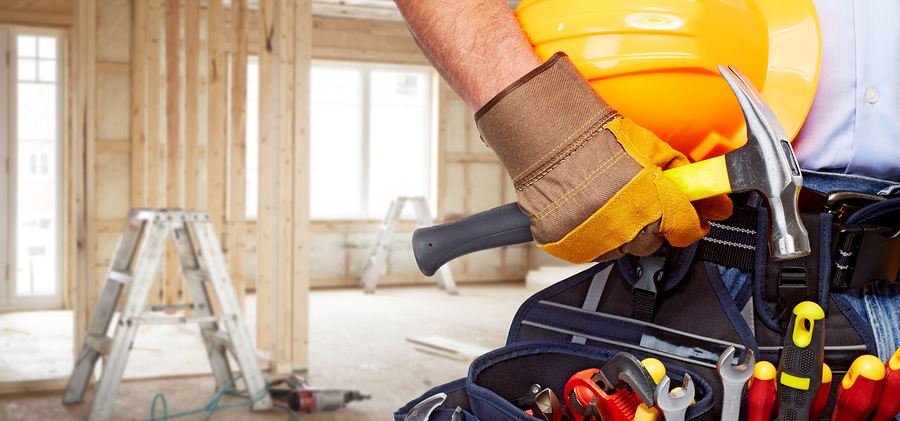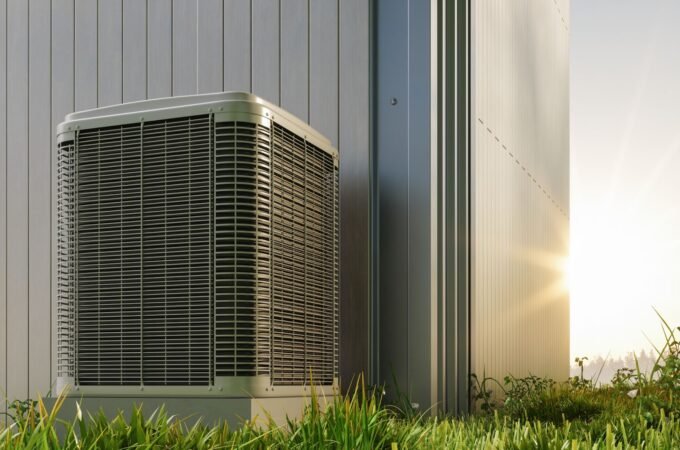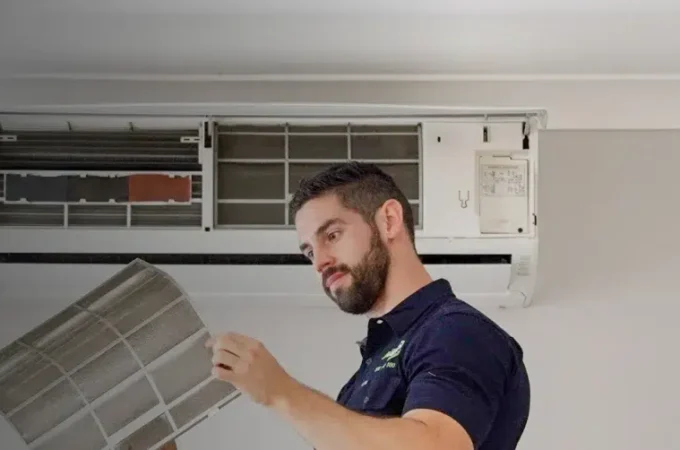
6 Crucial Electrical Upgrades While Renovating Your Home
Renovating your home is an exciting endeavor that allows you to enhance its functionality, aesthetics, and comfort. But, whatever resolution you have for renovation, it’s essential not to overlook the critical aspect of electrical upgrades of your home.
Upgrading your home’s electrical system during renovations ensures safety and compliance with modern standards. Also, it increases the ability to accommodate your evolving power needs. Besides, it’s an integral part of your home’s survival in the long run.
So, take a pen and paper to explore and note down the top electrical upgrades you should consider when renovating your home.
6 Crucial Electrical Upgrades for Renovating Your Home
If you’re opting for a full-fledged renovation of your house, it’s essential to consider many options and necessities, including upgrading the electrical components and connections.
Let’s take a look at the six crucial electrical upgrades while renovating your home:
-
Updating Electrical Wiring
One of the most crucial electrical upgrades during a renovation is updating the electrical wiring. Outdated or faulty wiring poses a significant safety risk, including electrical shocks and fire hazards.
Engaging a licensed electrician to assess your home’s wiring and replace it if necessary is essential. Renewing to modern copper or aluminum wiring with adequate gauge size will ensure efficient and safe electricity distribution throughout your home.
-
Upgrading Electrical Panel
A renovation is ideal for evaluating your home’s electrical panel or main service panel. Skipping the electric panel upgrade may lead to increased electrical loads, disabling the electric components to handle the oversupply of power.
Hence, switching to a larger capacity panel becomes necessary.
An upgraded electrical panel ensures proper electricity distribution, minimizes the risk of overloading, and allows for the installation of new circuits and smart home technologies.
-
Increasing Power Outlets
Modern living demands an abundance of power outlets to accommodate numerous electronic devices and appliances. Consider adding more power outlets strategically throughout your home during the renovation process.
This upgrade enhances convenience and reduces the need for multiple power strips and extension cords, improving the overall safety and aesthetics of your living spaces.
-
Installing Ground Fault Circuit Interrupters (GFCIs)
GFCIs are essential safety devices that protect you and your family from electrical shocks. These devices quickly detect imbalances in electrical currents and shut off the power supply, preventing potential accidents.
During the renovation, it is crucial to install GFCIs in areas where water is present, such as kitchens, bathrooms, and outdoor spaces.
-
Adding Dedicated Circuits
Renovations often incorporate new appliances or electrical-intensive features like home theaters or workshops. These additions may require dedicated circuits to handle their specific power demands.
Dedicated circuits prevent overloads, reduce the risk of tripped breakers, and ensure efficient power distribution, maximizing the performance and longevity of your appliances.
-
Integrating Smart Home Technology
With the rising popularity of smart home devices, a renovation provides an ideal opportunity to integrate these technologies into your electrical system.
Smart lighting controls, thermostats, security systems, and entertainment systems offer convenience, energy efficiency, and enhanced control over your home environment.
Your electrical infrastructure to support these technologies can transform your home into a modern, intelligent living space.

Benefits of Upgrading Electrical System While Renovating Your Home
Advancing your home’s electrical system during renovation offers several benefits to your living space’s overall safety, functionality, and convenience. Here are some key advantages of upgrading the electrical system:
- Enhanced Safety: Outdated electrical systems may have worn-out wiring, inadequate grounding, or insufficient circuit protection, posing serious safety hazards such as electrical shocks and fire risks.
If you want to ensure that the electrical panel and switchboard need to keep your home and workspace safe, you must upgrade the whole electrical system. It ensures that it meets current safety standards and reduces the likelihood of electrical accidents, protecting your family and property.
- Compliance with Regulations: Electrical codes and regulations change over time to reflect improved safety practices and technological advancements.
During a renovation, an upgaded electrical system ensures compliance with the latest electrical codes enforced by local authorities.
This compliance promotes safety and prevents potential legal issues when selling or insuring your home in the future.
- Increased Electrical Capacity: Modern lifestyles rely heavily on electrical devices and appliances. So, installing newer and upgraded electrical systems allows you to meet the increased power demands of new technologies and appliances.
It ensures that your home can handle the load of multiple devices running simultaneously without overloading the circuits or causing frequent tripping of breakers.
- Expanded Functionality: Renovations often involve adding new rooms, expanding living spaces, or incorporating advanced technologies.
This expansion of electrical infrastructure enables you to seamlessly accommodate new appliances, entertainment systems, home offices, and other modern conveniences.
- Energy Efficiency: To upgrade your electrical system, you can include the installation of energy-efficient lighting, smart thermostats, and other energy-saving devices.
These upgrades help reduce electricity consumption, lower utility bills, and minimize environmental footprint. Additionally, newer electrical components, such as energy-efficient appliances, are designed to optimize power usage and contribute to a greener home.

Conclusion
Electrical upgrades are essential when home renovation to ensure safety, compliance, and adaptability to modern living standards.
You can create a secure, efficient, and technologically advanced living environment by prioritizing upgrades such as updating electrical wiring, increasing power outlets, installing GFCIs, etc., etc.
Consult a qualified electrician to assess your needs and ensure all electrical upgrades follow local codes and regulations.




